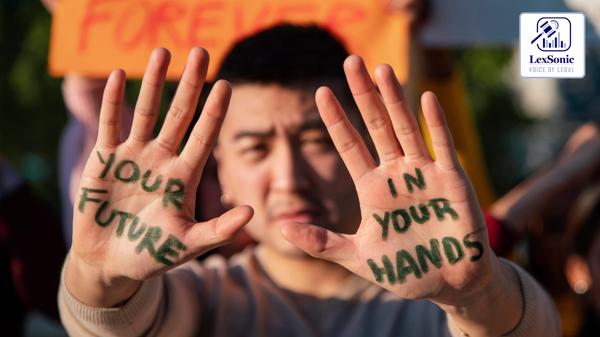Right to Defense Upheld: Supreme Court Orders New Trial After Irregular Proceedings.
18 March 2024
Fundamental Rights of Citizen >> Civil & Consumer Law | Criminal Trial >> Criminal Law | FIR >> Criminal Law | Information Technology Act >> Intellectual Property Rights
Have you ever been caught in a legal battle where the system itself seemed to be working against you? This is exactly what happened to the appellants in a recent high-court case. Facing serious charges, they were denied the chance to properly defend themselves due to a procedural error by the lower court.
The Appellants faced charges under Sections 419, 420 of the Indian Penal Code and the Information Technology Act. Their initial bail application was rejected by the lower court.
The High Court, upon reviewing the case, identified a critical issue with the trial process. The trial court had recorded the examination-in-chief of twelve prosecution witnesses without recording their subsequent cross-examination by the defense.

Furthermore, the court noted that the Appellants lacked legal representation during this stage of the trial.
The High Court emphasized the importance of the defense having the opportunity to cross-examine prosecution witnesses. Recording only the examination-in-chief without the cross-examination violates proper legal procedure. Additionally, the absence of legal representation for the accused raises concerns about potential prejudice.
Considering these factors and the length of time the appellants had been in custody, the High Court ruled in their favor. The key takeaways from the judgment are:
- The Appellants were granted bail with strict conditions, including surrendering their passports.
- The trial court was directed to conduct a de novo (fresh) trial. This means all prosecution witnesses will be re-examined, allowing the defense to conduct a proper cross-examination.
- The trial court will appoint a legal aid lawyer to represent the Appellants throughout the new trial.
This case highlights the importance of following proper legal procedures during criminal trials. It also emphasizes the right of the accused to legal representation to ensure a fair trial.
Information Technology (Amendment) Act, 2008
Code of Criminal Procedure, 1973
